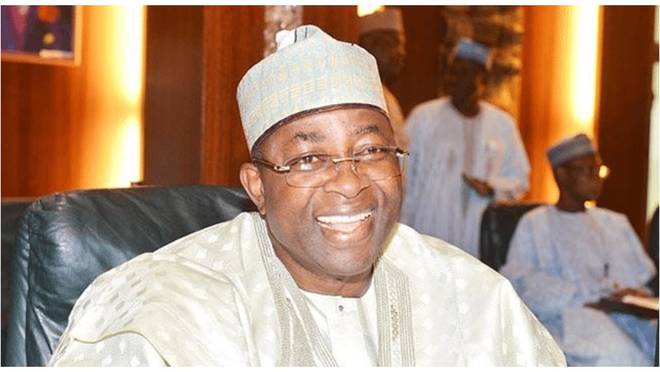Bauchi to meet safe water, sanitation, hygiene target by 2025
Bauchi State is set to meet its water, sanitation and hygiene requirements in urban and rural areas by 2025. Permanent Secretary, Bauchi State Rural Water Supply and Sanitation Agency (RUWASSA), Engineer Garba Babaji Magaji disclosed this while speaking to journalists in the state. He said that the state had developed a comprehensive action plan to […]

Bauchi State is set to meet its water, sanitation and hygiene requirements in urban and rural areas by 2025.
Permanent Secretary, Bauchi State Rural Water Supply and Sanitation Agency (RUWASSA), Engineer Garba Babaji Magaji disclosed this while speaking to journalists in the state.
He said that the state had developed a comprehensive action plan to meet the target in line with the vision of Sustainable Development Goals (SDGs).
Magaji added that the action plan was aimed at ensuring a near 100 percent access to safe, adequate and equitable water supply for all in urban and rural areas by 2025 before the SDGs target of 2030.
The permanent secretary emphasized that the state would pay special attention to physically challenged and socially excluded population in ensuring the 90 per cent hygiene sanitation coverage.
“Successful realisation of Goal 6 will support progress across many of the other goals, particularly on nutrition, child health, education and gender equality,” he said.
He said the state government and other development partners had intensified their efforts to provide access to safe water and reduce open defecation across the state.
According to the permanent secretary, the state government, in collaboration with DFID, and UNICEF, were implementing the ongoing sanitation, hygiene and water in Nigeria (SHAWN) project in 12 local government areas of the state.
He said the project had provided 60 hand pumps in health facilities, 150 toilets and boreholes across schools in the benefiting communities of the selected local government areas.
“Another 470 hand pump boreholes are to be dug in rural communities across the local government areas in order to provide safe and clean sources of water to the people,” he said.
He said the state had trained local government staff, civil society and community members to deliver quality services to grassroots communities and ensure the sustainability of the projects in the state.
